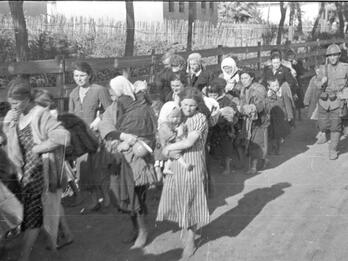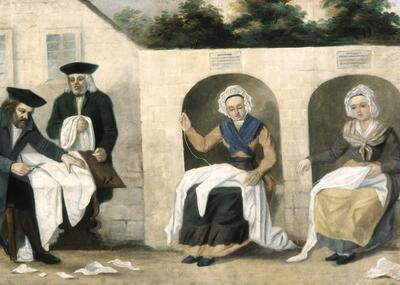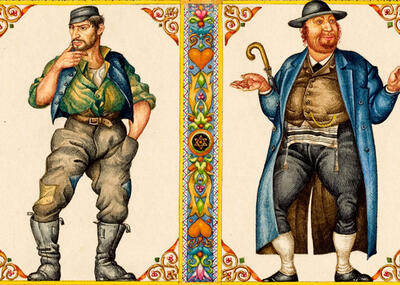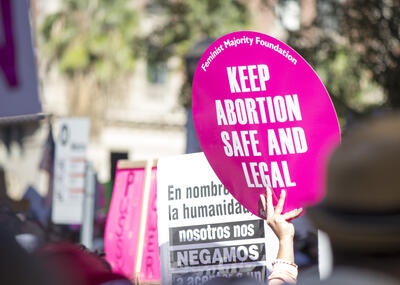Jewish Resistance and the Holocaust
From armed confrontation to religious defiance, Jews fought back against the perpetrators of the Holocaust.
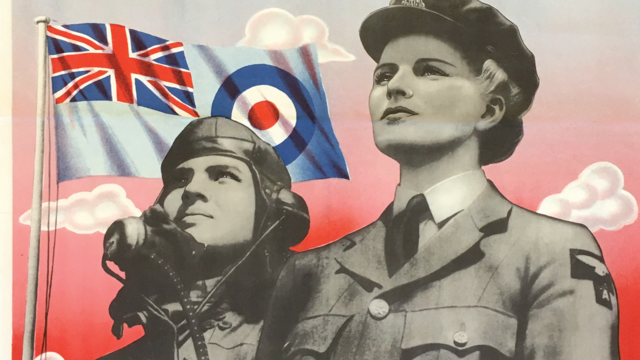
Curated by Deborah Dash Moore and Noam Pianko
Weapons, Written Words, and Religious Defiance
During the Holocaust, Jews resisted with weapons, paper, pen, archives, schools, smuggling, and a variety of other brave efforts to demonstrate human dignity in the face of annihilation. These sources highlight several forms of resistance, from Abba Kovner’s call to armed confrontation, to written documentation from the prison cell diary of Gusta Dawidsohn-Draenger, to the defiant Warsaw ghetto sermons of Rabbi Kalonymus Kalman Shapira.
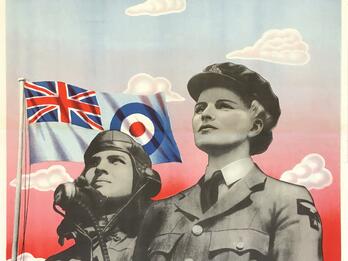
Women’s Auxiliary Air Force Recruitment Poster
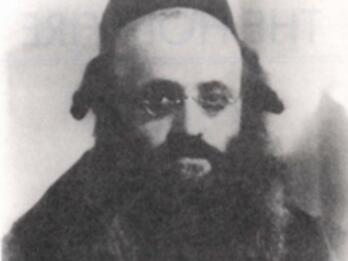
The Holy Fire
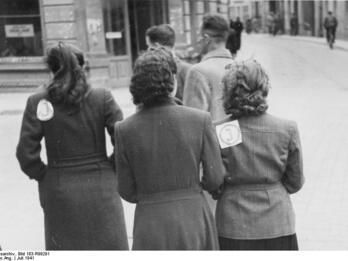
Justyna’s Diary
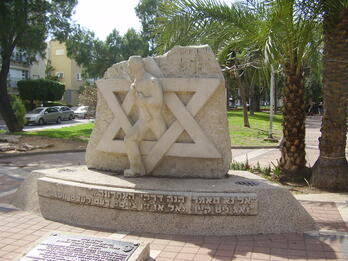
Never Say
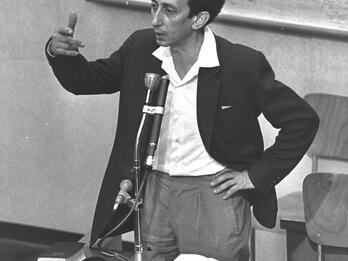
Call to Arms
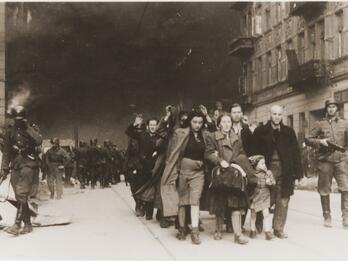
Yizkor, 1943
Non omnis moriar
Post-Holocaust Resistance
Resistance against Nazi efforts to exterminate millions of Jews did not end with the defeat of Germany at the end of World War II. Survivors and postwar Jewish leaders concerned about the endurance of antisemitism and the changing historical narrative of the Holocaust continued to grapple with the internal and collective reverberations of genocide. The legacy of resistance surfaces in debates about whether to bring children into the world, how to respond to Holocaust denial, and efforts to expand Holocaust narratives to underscore the particular plight of women.
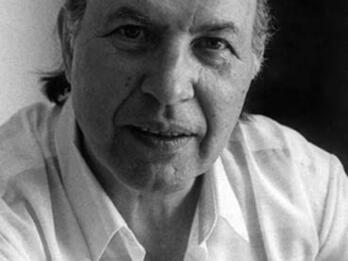
Kaddish for a Child Not Born

History on Trial: My Day in Court with David Irving
